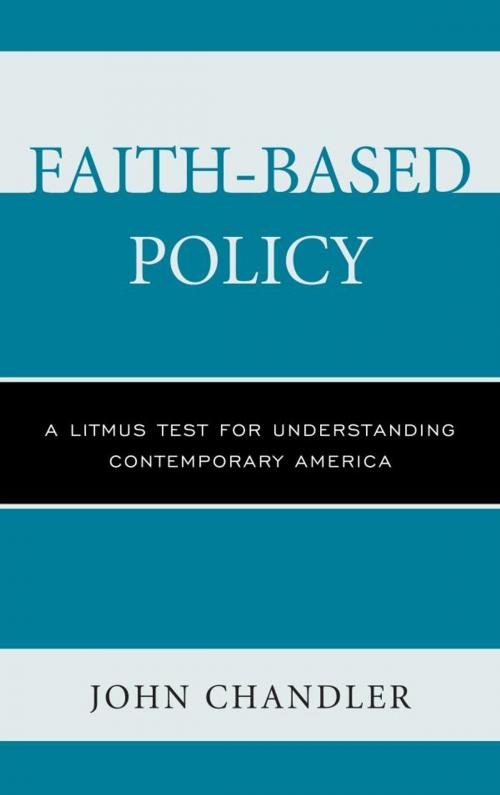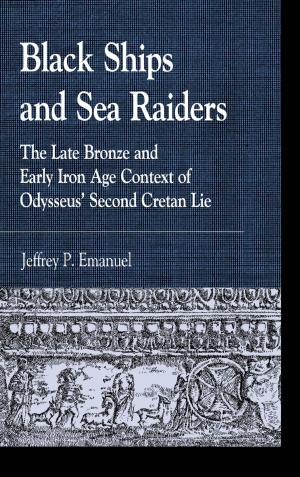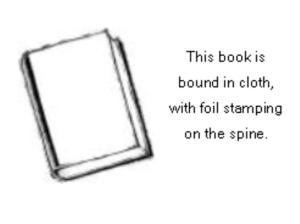Faith-Based Policy
A Litmus Test for Understanding Contemporary America
Nonfiction, Social & Cultural Studies, Current Events, Political Science, Government, Local Government, Public Policy| Author: | John Chandler | ISBN: | 9780739179031 |
| Publisher: | Lexington Books | Publication: | December 16, 2013 |
| Imprint: | Lexington Books | Language: | English |
| Author: | John Chandler |
| ISBN: | 9780739179031 |
| Publisher: | Lexington Books |
| Publication: | December 16, 2013 |
| Imprint: | Lexington Books |
| Language: | English |
In 2001, George W. Bush created the White House Office of Faith-Based and Community Initiatives. The driving force behind the policy was to create a “level playing field” where faith-based organizations could compete on an equal footing with secular organizations for government funding of social aid programs. Given, on the one hand, the continuation of faith-based policy under Barack Obama and, on the other, the continued support by the vast majority of the American people for some form of such policy, the need has emerged to clearly understand what this policy is and the issues that it raises. Why? First, because the policy reveals new paradigms that explode traditional political and religious designations such as conservative–liberal or evangelical–progressive. Secondly, it is a policy which is setting precedents that with time will only become more entrenched in the institutional fabric of American government and the values of the culture. Finally, it does not seem to be a policy that is likely to just go away. And if it won’t go away, then, how should responsible policy be conducted?
While John Chandler's Faith-Based Policy: A Litmus Test for Understanding Contemporary America responds to this need to understand, it also acknowledges that there is already a substantial amount of documentation available, which, taken together, provides a comprehensive, though sometimes biased, picture of faith-based policy. This book contributes a relatively brief, impartial analysis that draws on and synthesizes the available information. More specifically, in order to dissipate the confusion surrounding the perceptions that many have had concerning the intention and meaning of the policy, this book provides insight into: 1) the theological visions of the faith-based actors behind the policy; 2) how these actors have tried to apply these visions as the program has evolved in the 2000s; 3) the divisiveness and debate that has characterized the faith-based experiment, and; 4) how all of the above may be held up for contemplation by the reader as a mirror of developing American culture.
In 2001, George W. Bush created the White House Office of Faith-Based and Community Initiatives. The driving force behind the policy was to create a “level playing field” where faith-based organizations could compete on an equal footing with secular organizations for government funding of social aid programs. Given, on the one hand, the continuation of faith-based policy under Barack Obama and, on the other, the continued support by the vast majority of the American people for some form of such policy, the need has emerged to clearly understand what this policy is and the issues that it raises. Why? First, because the policy reveals new paradigms that explode traditional political and religious designations such as conservative–liberal or evangelical–progressive. Secondly, it is a policy which is setting precedents that with time will only become more entrenched in the institutional fabric of American government and the values of the culture. Finally, it does not seem to be a policy that is likely to just go away. And if it won’t go away, then, how should responsible policy be conducted?
While John Chandler's Faith-Based Policy: A Litmus Test for Understanding Contemporary America responds to this need to understand, it also acknowledges that there is already a substantial amount of documentation available, which, taken together, provides a comprehensive, though sometimes biased, picture of faith-based policy. This book contributes a relatively brief, impartial analysis that draws on and synthesizes the available information. More specifically, in order to dissipate the confusion surrounding the perceptions that many have had concerning the intention and meaning of the policy, this book provides insight into: 1) the theological visions of the faith-based actors behind the policy; 2) how these actors have tried to apply these visions as the program has evolved in the 2000s; 3) the divisiveness and debate that has characterized the faith-based experiment, and; 4) how all of the above may be held up for contemplation by the reader as a mirror of developing American culture.















